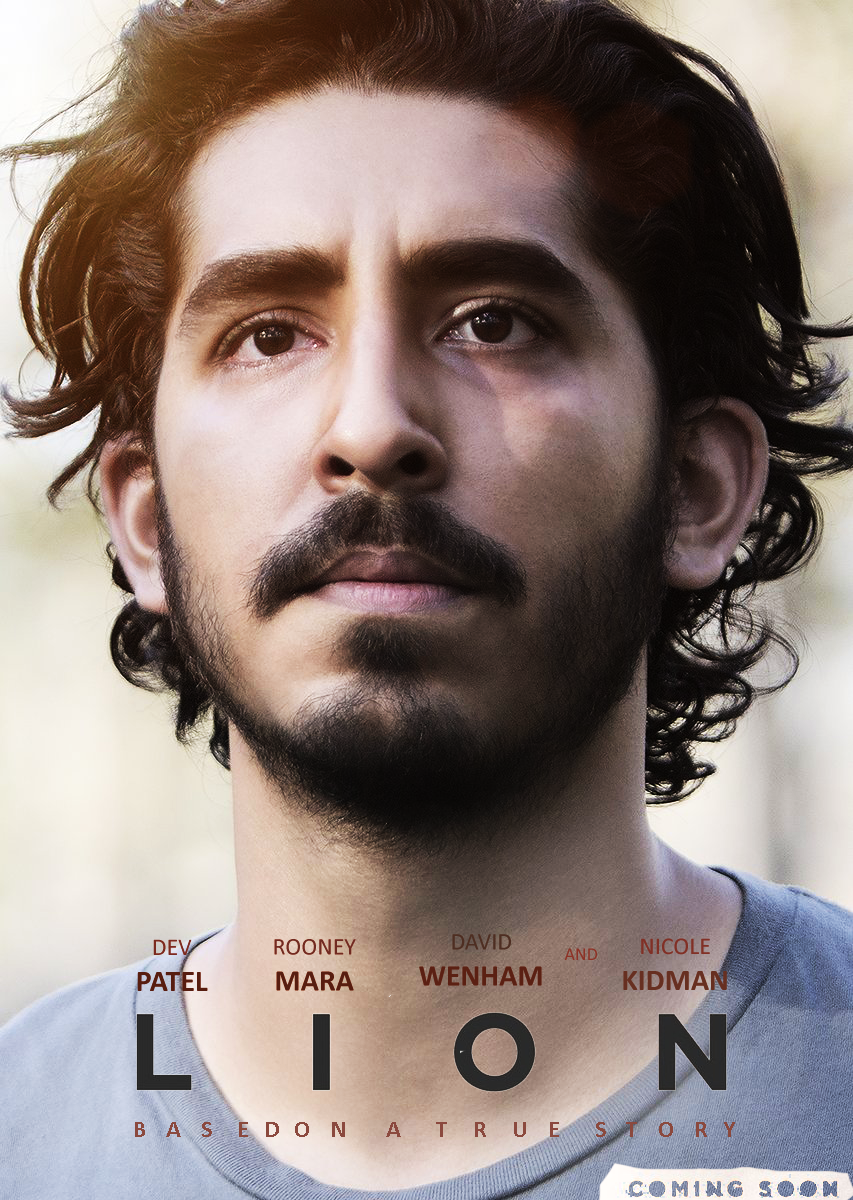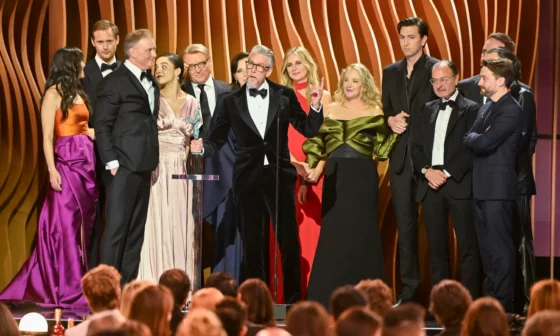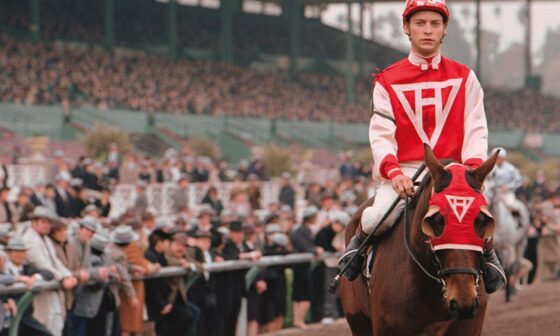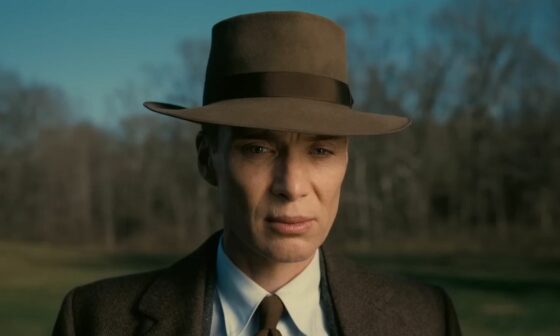
Based on Saroo Brierley’s autography, Lion is an Australian drama about a remarkable story of how a young boy got lost in a strange city and adopted by a family in a foreign country yet still found his way back home.
In 1986, Saroo (Sunny Pawar) lives in small village in central India. After an ill-fated trip with his older brother to Khandwa, Saroo gets stuck on a train that goes to Calcutta. After months living as a street kid Saroo gets adopted by an Australian couple.
Twenty years later the adult Saroo (Dev Patel) starts to have memories of his childhood and he sets out to find his birth mother. But his mission becomes an obsession and drives a wedge between his friends and adopted family.
Lion is the feature film for director, Garth Davis, having previously worked on TV and he already shows that he is a filmmaker to watch. Along with screenwriter, Luke Davies, Garth Davis splits Lion in two halves, the first being about Saroo’s childhood in India and Tasmania, the second focusing on Saroo’s search.
The first half is when Lion is at its strongest, being the more visually adventurous and dramatically weighty. There is a Dickensian quality to this part of the film, whether it’s the rural poverty Saroo’s family life in Central India to the desperate life of a small homeless boy in a city where he doesn’t understand the language.
Davis shot the scenes in India with a dream-like haze: even though Saroo was living in incredible hardship there is a romanticism to how India is portrayed, especially Saroo’s home village. Saroo has only a vague memory of his life in India and was culturally Australian, so Davis approach this as an outsider-looking-in.
When Lion moves to Australia it turns into a more standard drama and loses some of its momentum. This part of the film is more focused on Saroo’s internet search, using Google Earth to look for his home village. Obviously seeing a man doing internet search hardly makes for compelling cinema so this part of the film looked at the emotional strain it places on Saroo and the rifts it causes with his family and girlfriend (Rooney Mara).
Davis builds up plenty of good will with the India set portion of the film, and he does show flashbacks to India, offering Saroo clues to his old life. Some of the most touching moments including when Saroo comforts his adopted mother for the first time and the ending.
Lion has an impressive cast and yet they are all overshadowed by Sunny Pawar who was given the difficult role of being the lost child who couldn’t understand the people around him. He had to use body language and physical actions to communicate, like the scene when he cuddled his adoptive mother.
Dev Patel and Nicole Kidman have been nominated Acamedy Award for their performances. Kidman had the role of Saroo and, with David Wenham, play a caring couple who just want to give their love and despite the mental strain Kidman’s character goes through, she faces it with stoic resolve.
Patel looked incredibly different to how he usually looked, being bulkier and hairier compared to previous roles. He has shown his range of accents throughout his career, doing English, Indian, American and now Australian. His performance was naturalistic as he slowly drives people away.
However, the casting of Mara as Saroo’s American girlfriend strikes as a case of casting a recognisable American actress to ensure some American funding. Although she must have impressed Davis because he will lead his follow-up film, a biopic about Mary Magdalene.
Lion could have easily have been an Oscar bait film, I personally thought it was going to be too similar to Slumdog Millionaire. Yet it is a well-told story that the filmmakers felt it needed to be told with a terrific first half that would please any Dickens fan. Garth Davis is certain a director watch.
#Peace.Love.Lion








